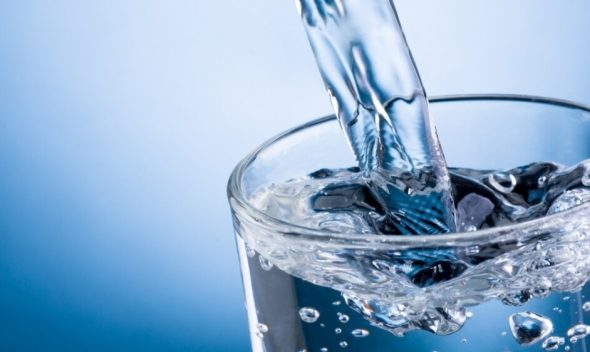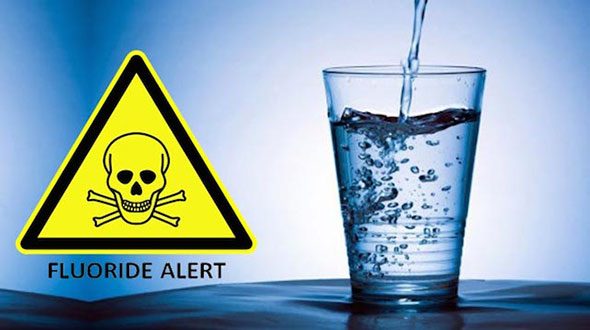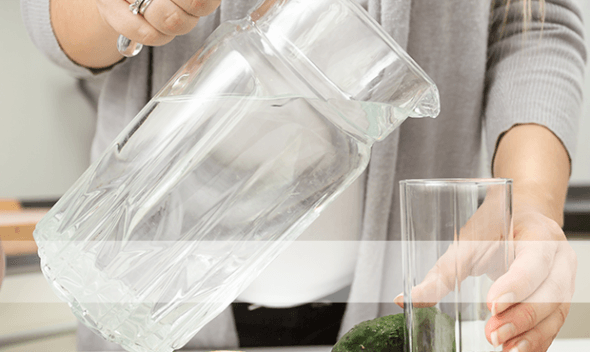Water that we use for our daily purpose contains minerals like calcium and magnesium in it. When the level of these minerals increases, it becomes hard. Hard water is not good for consumption or even for domestic use. Even though, many people prefer mineral water for their personal needs, excessive consumption can result in many health and domestic hazards. It is important to remove excess minerals from water to make it suitable for consumption as well as for household purpose like cleaning, washing and bathing. Water softeners are energy efficient devices that provide soft water that is healthy for you. But to find the best water softener, you should follow these steps first:
Determine the hardness of water
According to the United States Geological survey, 85 percent of U.S. geography has hard water. It varies from area to area based on multiple factors like proximity of sea, industrial dumping, etc. if you live near areas where industries dump the waste chemicals into water there are high chances of chemical intoxicants in it. You can determine the level of hardness of water using simple kits available from your local plumbing store or call for an expert too.
|
Water Hardness Scale |
||
|
GRAINS/GAL |
MG/L & PPM |
CLASSIFICATION |
|
Less than 1 |
Less than 1 |
Soft |
|
1 – 3.5 |
17.1 – 60 |
Slightly Hard Water |
|
3.5 – 7 |
60 – 120 |
Moderately Hard Water |
|
7 – 10 |
120 – 180 |
Hard Water |
|
Over 10 |
Over 180 |
Very Hard Water |
Do you need soft water?
Hard water is bad for your clothes, skin, hair, utensils and even the floor. But the intensity of damage it causes is dependent on its level of hardness. Usually 10 grains of hardness is present in 1 gallon of water. For drinking, 6 grains per gallon are suitable, while for washing, cleaning or bathing up to 8 grains per gallon are permissible. Determining your purpose is beneficial in deciding the power, pump factor and flow rate of your water softener to reduce working costs.
Is soft water safe for you?
Water softeners exchange the hard chemicals with soft chemicals. The residue chemical left in water after softening process is Sodium bicarbonate. It is different from Sodium chloride and does not taste salty which many people doubt. Based on the level of hardness, 20mg to 30 mg of Sodium is added to every 8 ounce of water. 90 percent of processed food and table salt contains higher levels of sodium than soft water. The amount of Sodium soft water contains does not harm your health but one should check with a local physician regarding their allowed sodium intake before buying a water softener.
Benefits of Water Softeners
1. Scale or lime scale reduction
Scale or lime scale is a hard, chalky layer formed from Calcium and Magnesium bicarbonate. It deposits on utensils, kitchen sink, bathroom wall and faucets. Water softeners reduce the build of scale and prevent fading of anything that comes in contact of water.
2. Increased lifespan of appliances
Hard water affects your Tupperware more than your health. Due to hard water, layers of calcium and magnesium eventually accumulate inside various water appliances like water heater, dispensers and shower outlets. This affects the performance of these appliances and reduces their lifespan drastically. Soft water helps in preventing the accumulation of these minerals and prevents clogging which increases their lifespan.
3. Unclogged plumbing
One of the most irritating issues that we face is clogged pipelines. Hard water is a major contributor to this which drastically reduces the flow rate of pipes. Hard water is poison for metal pipelines as they attract mineral deposits and get clogged more frequently. Soft water is a must for anyone using metal pipelines throughout their house for easy flow of water and reduced clogging issues. The clogs can also cause leakage and permanent damage to your pipes due to wear and tear.
4. Better skin care
Bathing in hard water readily affects your skin. After showering you will have traces of calcium and magnesium which can cause rashes, dryness and frizzier looking skin. Excessive deposit of magnesium on your skin may cause itches and irritation. Soft water is soft on your skin and helps keep the moisture within. It does not cause itches or irritation and also reduces the tanning factors.
5. Better flavor of water
Hard water is noticeable in terms of taste. It has a salty, sour taste with a little bit of smell too. Water softeners replace these salts with tasteless and odorless salts of Sodium through ion exchange process. This results in tasteless and odorless water which is the right fit for drinking.
6. Cleaner and better fabric
Hard water takes a toll on clothes. Every time you wash your clothes in hard water, it leaves stains of itself on it. It is hard to create lather in hard water and people use more soaps or detergents to create lather which in turn damages the linen of clothes. Soft water creates lather easily and also contributes in absorbing dirt particles. Clothes washed in hard water fade faster than in soft water.
7. Better health
Hard water is hazardous for your health in long term. The excessive intake of calcium and magnesium can promote stone build up in the body. Calcium can cause overgrowth of bone joints if taken in excess amount for a long time. It can result in rough throat lining and may increase the yellow color of your teeth.
Note – Some people might be allergic to soft water minerals like Sodium Bicarbonate. Get an allergy test done by your local physician before buying salt based water softeners.
Water softeners work best with water filters
Water softeners only convert hard water into soft water. They do not remove other contaminants like sediment, toxic metals, chemicals and microorganisms. When a water filter like a whole house filter is fitted to the inlet of water softeners, the water treatment becomes less energy consuming and also provides ready to use soft and pure drinking water.
Usually, the hard water elements do not obstruct the working of water softeners but other contaminants like sediments and metals may clog after some time increasing the softeners’ cartridge replacement. It is suggested to use treated water to go through water softeners for better and longer efficiency. There are many compatible water softener-filter combinations available in the market which work great and provide the best output.









Leave a comment
You must be logged in to post a comment.